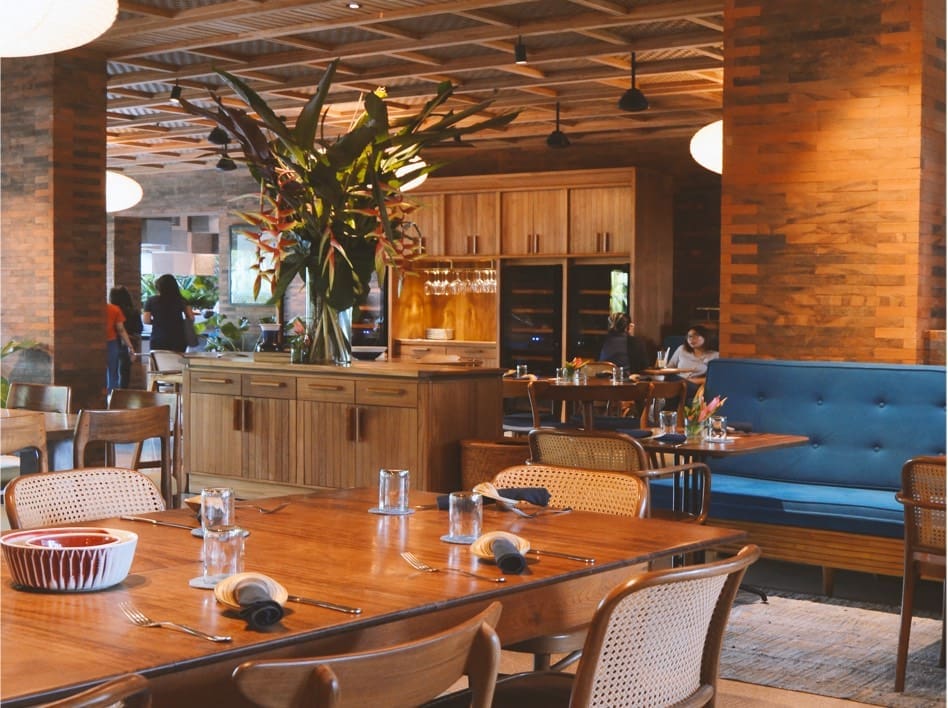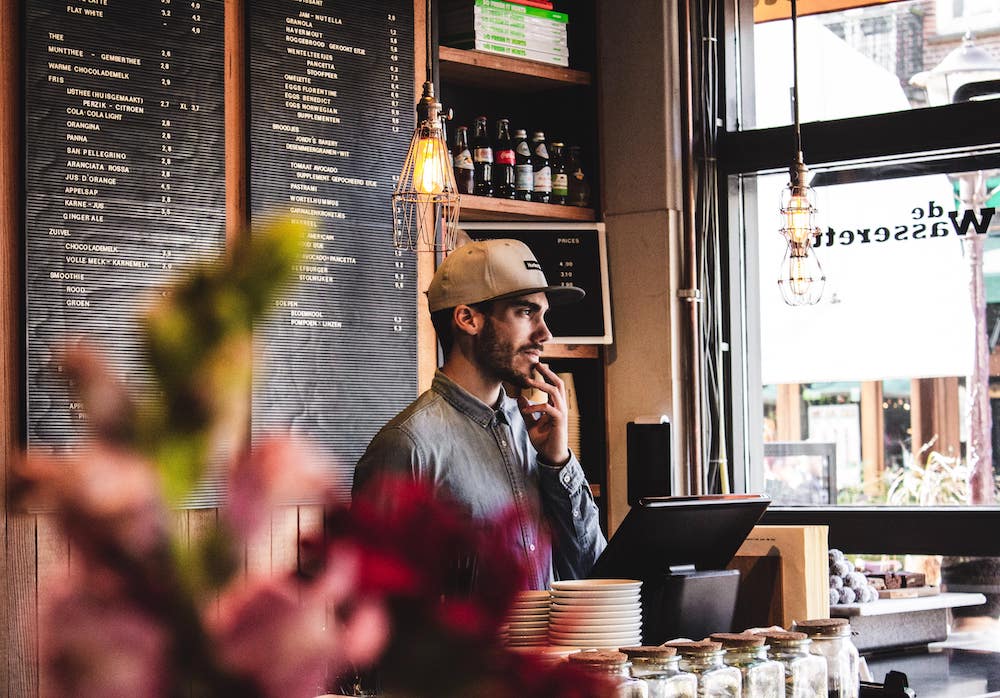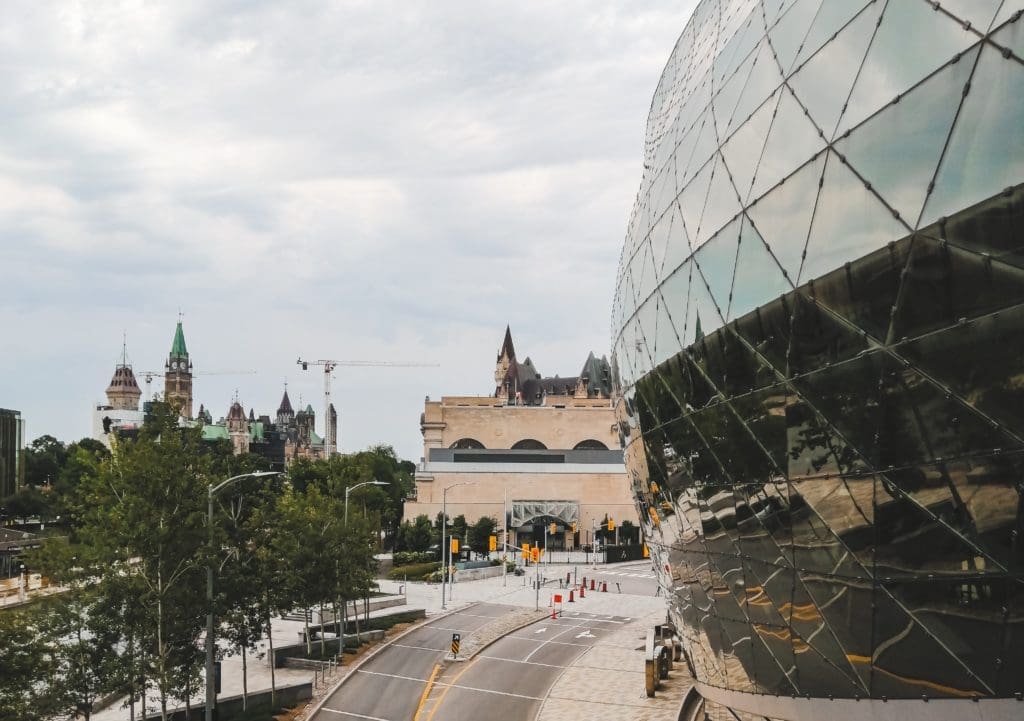One of the most common questions I get asked by clients is whether they should buy or lease their next restaurant. And, although the answer might depend on your personal situation, there actually is a definite winning option between the two.
Buying a restaurant is almost always the most viable and beneficial decision over leasing. Here’s a closer look at why:
Leased Restaurants are Hard to Find
Finding a restaurant for lease is like finding a needle in a haystack. They are quite rare, and in most cases, the restaurants that are for lease do not present a great value or have many red flags that would prevent you from wanting to invest. Anytime you see a restaurant for lease, it should raise a few questions as to why the owner wouldn’t want to sell instead.
Thinking about buying a restaurant? Download my Ultimate Guide to Buying a Restaurant here.
Why Are Restaurants For Lease So Rare?
Most restaurants operate on razor-thin profit margins, so the true value of a restaurant comes in the form of its infrastructure. For example, the kitchen, the hood range, and the appliances are often the most expensive and valuable parts of a restaurant.
If a restaurant is for lease, you can almost immediately assume that there might be something wrong with the bones of the establishment, and as a result, the owner is unable to sell. Other reasons the owner might be leasing instead could be because of high rent in the area, or maybe there’s a demolition clause in place where the area is being re-developed. Either way, a restaurant for lease is often a sign that you should stay away.
What is the Better Option?
For most business owners, buying is almost always a better option than leasing. When it comes to buying, there are several routes you can take:
- Purchase an existing successful restaurant business, receive proper training, and simply take over the cash flow. This is often the easiest and faster route to restaurant ownership.
- You can also buy an existing restaurant and then renovate and rebrand it with your new concept. This is a popular option because it means you’re buying the infrastructure (lease, liquor license, location, equipment etc.) but you have the option to personalize it to meet your business needs. Plus, when you buy your restaurant, you are building equity, and can eventually sell it down the line. Read our top 5 questions to ask when buying an existing restaurant here.
- The final option is building your own restaurant from the ground up. While there are obvious advantages, such as the ability to build to the exact spec you want, the reality is that this option is not feasible or profitable for most restaurant businesses. Building from scratch is extremely expensive and could result in huge lead times of a year or more of investing before you can even open your doors.
Thinking about opening a restaurant? Here are some extra resources to get started:
- Is Now a Good Time to Invest in a Restaurant Business?
- 4 Ways to Prepare for a Restaurant Purchase
- Here are a Few Reasons Why Restaurants Fail
- Should You Be Your Own Landlord as a Restauranteur?
What If I Absolutely Have to Lease?
Buying is not always viable for everyone. If you are not in a position to buy, a lease could work for you, but you need to tread carefully and ask the right questions. Negotiating restaurant leases can be challenging, and it’s strongly recommended that you work with a real estate expert who specializes in restaurant transactions to help navigate these waters.
By going into lease negotiations with as much research as possible, you can help avoid any of the pitfalls that are sometimes common with leasing. You can get started by reading our blog on negotiating restaurant leases here.
Before you start the process of buying your next restaurant, download my Ultimate Guide to Buying a Restaurant right here.






